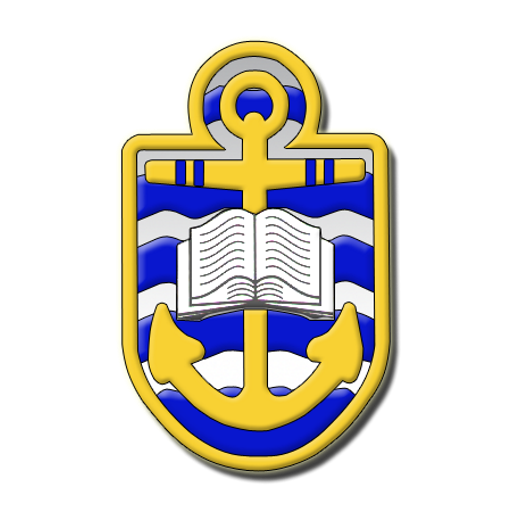Year Curriculum
Maths - The Anchorsholme Way
Intent |
At Anchorsholme, it is our aim that studying mathematics should assist development of spatial awareness, logical order, reasoning and communication along with offering intellectual wonder, stimulation and inspiration.
|
Cultural Capital |
|
Lesson Expectations |
Lessons are structured in accordance with the principles of teaching for mastery.
|
Assessment |
Formative assessment is carried out continuously over a half term:
Summative assessment is carried out three times over the year:
Formative and summative assessment data are available to parents from class teachers upon request. This information will also be made available to parents three times over the course of the academic year as part of Parents’ Evenings, mid-year and end of year reports. |
EYFS
|
In EYFS, mathematics plans are topic based and bespoke to our children’s needs and EYFS curriculum. Plans show differentiation and progression linked to our ‘EYFS Curriculum by the Sea’. White Rose Maths EYFS teaching and learning resources are also used to support and inform teaching and learning. EYFS pupils have daily access to a maths classroom which is resourced entirely for the provision of mathematics teaching. It promotes practical, hands on, fun learning activities to stimulate and engage the children. Focused maths and continuous provision activities are on offer. Continuous provision across the year group ensures that a maths-based activity will be available in all classrooms, not just the ‘maths classroom’. Teachers observe children’s development in all aspects of maths and record evidence through an individual electronic learning journal, “Tapestry”. Here, all photographs and developmental judgments are saved. Parents have access to their own child’s learning journal. |
More Able |
In order to ensure that our more able pupils are constantly working to achieve the high standards they are capable of, teachers always try to drive forward the depth of their subject knowledge. This may come through use of a range of representations or focussing on explanations of ‘how you know’, and being able to unpick a question to identify a problem and find a solution. In addition to this, teachers also are aware of and keep in mind the Trust Milestones from the year groups above. Whilst we endeavour to deepen subject knowledge rather than broaden it, access to the next stages of learning helps to inform planning and maintenance of the high level of challenge for our more able pupils. More able learners are also regularly provided with the opportunity to reflect upon and broaden their understanding of material within lessons via two different avenues. Firstly, the live marking approach within lessons allows the children to quickly identify any misconceptions they may have, which can then be addressed with the class teacher. This allows for quick and progressive learning. The second element used within lessons to further extend more able learner is peer-peer support. Being used as a role model and engaging in peer discussion and questioning allows pupils to access a different set of skills than those needed to complete work independently. This helps them to develop a thorough understanding of the material they are working with. |
SEND |
All SEND children should be supported to fully participate in all mathematics lessons. To ensure that this is possible, all staff within classrooms will be fully aware of the individual needs of SEND pupils and how best to support them. This may include, but is not limited to: teacher or TA support, peer support, pre-teach of vocabulary or skills, use of IT resources, differentiation of activities and practical resources. In addition to the support that SEND pupils receive within lessons, group or individual interventions may also be used to help bolster their confidence and address their knowledge gaps. Dependent on the issue a pupil is facing, these interventions may be in response to an ongoing issue, and be carried out over a prolonged period (for example using IDL to help build number sense, fluency and flexibility) or may be isolated incidents to build on the learning gaps from an individual lesson. The mastery-centred approach to delivery of maths lessons helps all pupils to develop a strong sense of the fundamentals of mathematics. Working in these small steps helps build their confidence and independence as learners. However, when required, SEND pupils may also be supported by use of a bespoke or differentiated curriculum in order to ensure their needs are being met in the most appropriate way possible. |
General Info
Subject Information
Pupils
Extra Curricular Activities
Staff Members
Years Established
Get In Touch
Location: Eastpines Drive, Thornton-Cleveleys. FY5 3RX
Telephone: 01253 855215
Email: [email protected]

